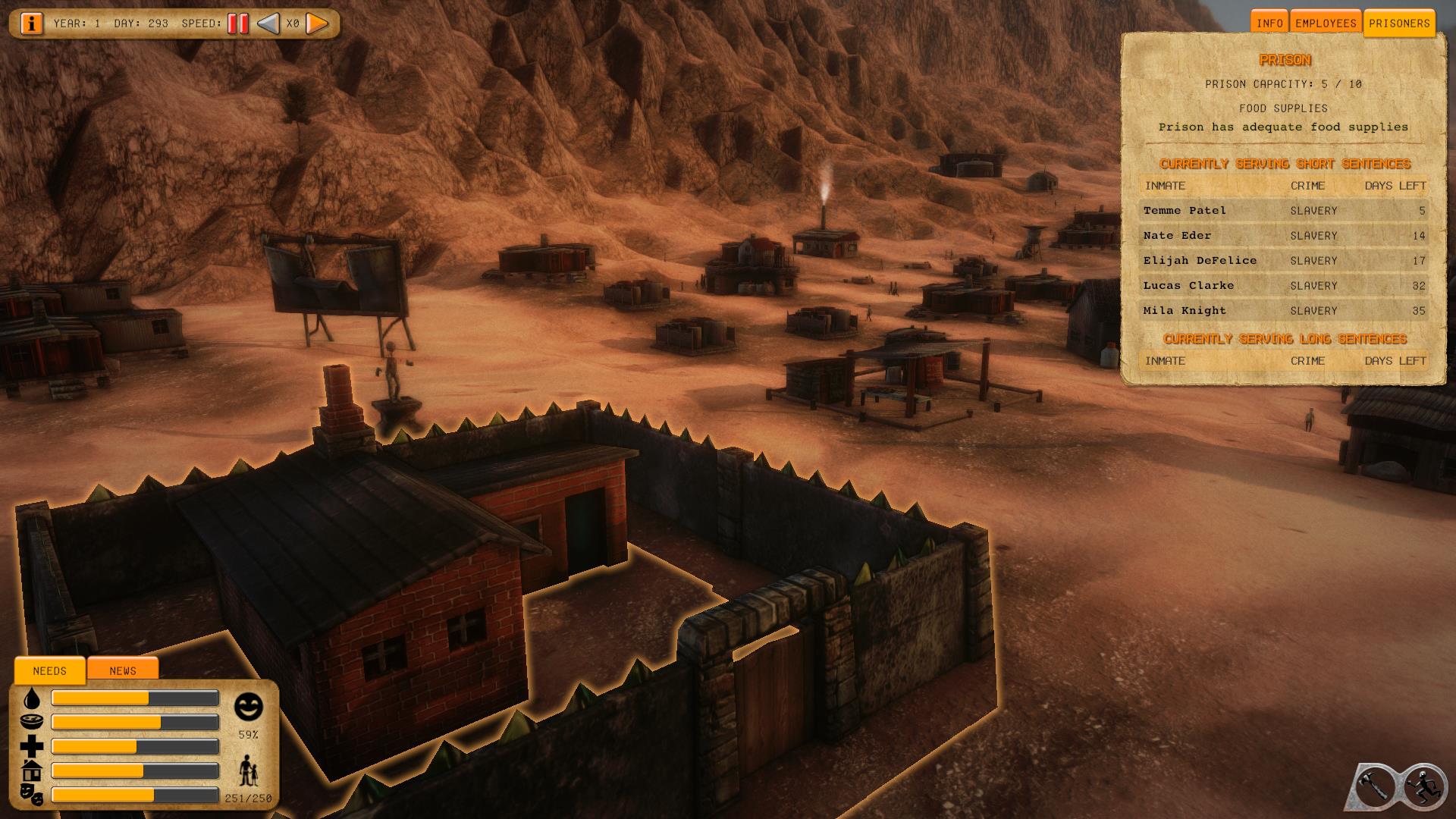

The following research paper continues to focus on the transgender community, the problems faced by them and the ground realities of their situation. Exclusion from any viable means of employment meant they remained on the very fringes of society - still vulnerable to poverty, extortion and violence. Recent reports estimate about 80% still relying on dancing, sex work, or begging to make ends meet. Of the allocated number of third gender skills training programmes and college scholarships set out by the court ruling, more than a year later nearly all government and educational institutions had failed to put these into practice. Evidently, there is always a difference between policy and reality. But for an isolated community subject to age-old prejudices, how much did constitutional visibility encourages societal tolerance? For the most part, it didn’t. Of course, this was a huge development within Indian law and a victory for the Trans Community, globally. It also meant hugely important changes to social care through grants and welfare benefits and supposed protection by the Indian police service. Government-set quotas were provided to increase access to job and educational opportunities for newly-defined third sex citizens - an estimated half a million-two million population.

For the first time, hijras were legally recognized as a third gender in the official documentation. The Supreme Court ruling of April 2014 set the path to acceptance of this community in motion. Today, although legally supported and socially empowered as compared to earlier times, hijras are still subject to transphobic discrimination-associated violence, poverty, and segregation. Thus, began the criminalization of Hijras. With the advent of British Raj in the 19th century, the acts of “cross-dressing” were registered as a criminal offence and if repeatedly such offences were committed, imprisonment followed. The role and value of this community in accordance with the sacred Hindu texts condenses to the performance of blessings at marriage and birth ceremonies for good fortune. Hijra is a term traditionally used in south-east Asia for transgender women who were born male and roughly translates to eunuch or hermaphrodite. The historically renowned transgender community has been a part of India’s social set up since the very beginning but never recognized as a reputable part of the society.


 0 kommentar(er)
0 kommentar(er)
